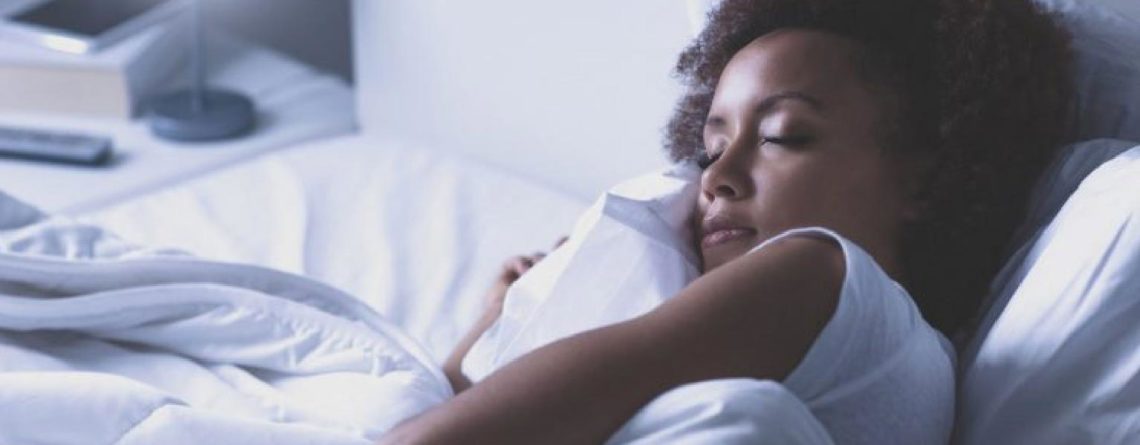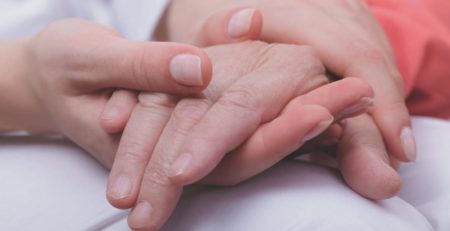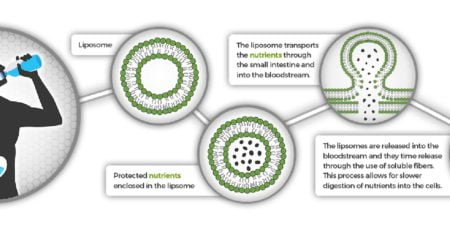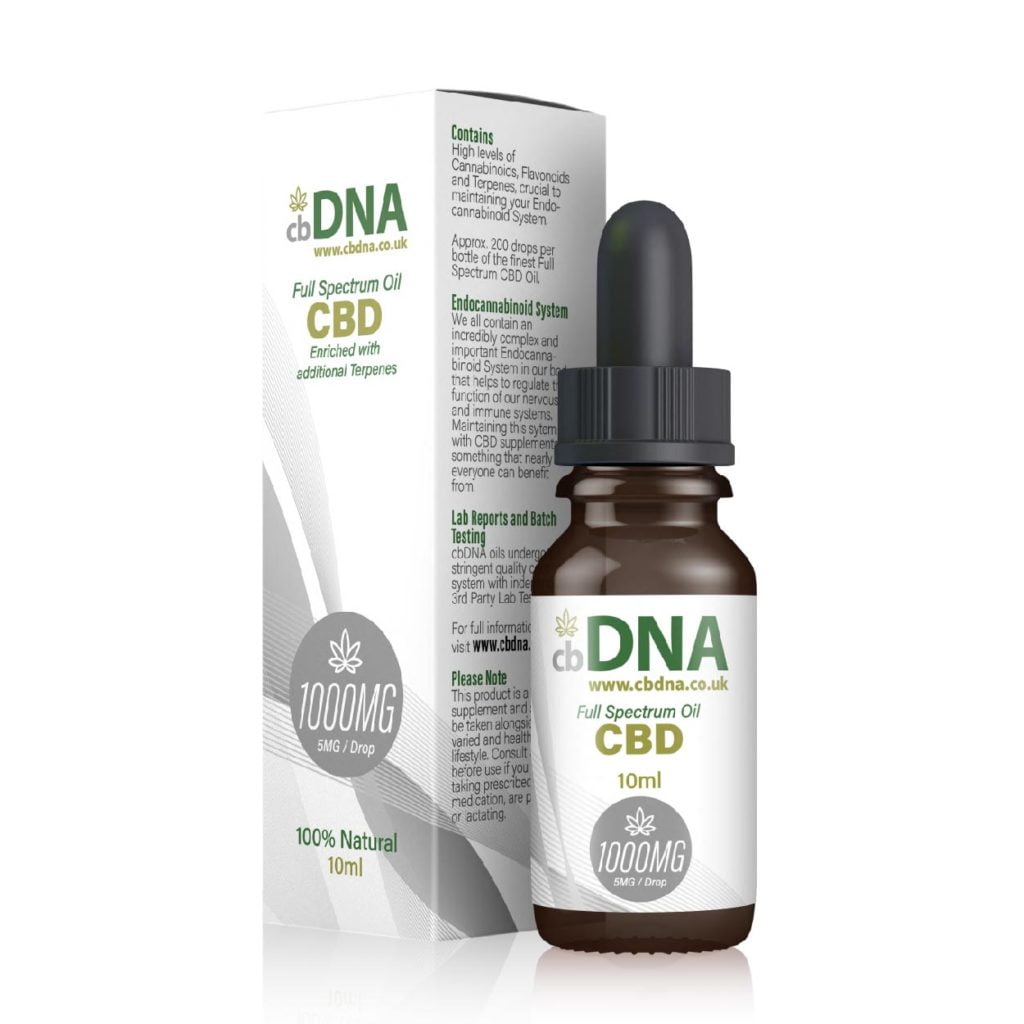CBD oil for sleep: poor sleep can have a huge impact on your health and happiness. We take a look at the science behind using CBD oil for sleep.
Getting enough sleep is massively important for your physical and mental health. When you don’t sleep enough, or sleep well, that deficit can contribute to serious medical conditions like diabetes and heart disease. Treatments for sleep issues can include everything from medication to meditation, and there’s a growing body of anecdotal evidence from people who use CBD oil for sleep.
If you’re experiencing sleep problems, you may be wondering whether CBD can help you. Read on to get the info you need to make an informed decision about how to get a good night’s sleep.
CBD oil for sleep: The Claim
CBD treats insomnia and other sleep disorders.
Research Shows
CBD seems to impact sleep for some people, but there’s no consensus about how it works. Clinical trials have produced contradictory results.
CBD oil for sleep: Just the Facts
Some studies say that CBD helps people sleep, while others say it helps keep people awake. Dosage could be the factor that determines CBD’s impact on sleep.
About Sleep
Sleep is a basic biological need for humans, just like breathing or eating. While we’re catching our Zs, our bodies repair damaged cells, maintain hormone balance, and build new pathways for learning and remembering new things.
Clearly, getting enough sleep is vital for overall health. And that’s not enough; sleep quality may be just as important as quantity. But one third of adults say that they don’t get the recommended amount of sleep, according to the Centers for Disease Control and Prevention (CDC). And insufficient sleep is associated with chronic conditions such as depression, heart disease, obesity, and diabetes.
With such high stakes involved, what’s keeping people from getting the rest that they need?
In some cases, sleeplessness may be situational. Shift work, for example, can require workers to work during the hours when they’d normally be sleeping. But there are also a variety of sleep disorders that can prevent restful sleep. For example, some of the most common sleep disorders include:
– Insomnia: trouble falling or staying asleep
– Sleep apnea: regular breathing stops briefly during sleep
– Restless legs syndrome: uncomfortable feelings of pain or tingling in the legs
– Narcolepsy: sudden sleepiness during the day
– Sleep-related problems called parasomnias can also complicate sleep. These include things like sleepwalking, grinding teeth, and night terrors.
Most people who experience sleep disorders never seek medical help. But there are many treatments for most sleep disorders, which can range from lifestyle changes to surgery. Many people who suffer from insomnia also try prescription or over-the-counter sleeping pills, herbal remedies, or prescription medications.
About CBD Oil
CBD, or cannabidiol, is one of a group of substances called phytocannabinoids. These compounds occur naturally in the cannabis plant, and have the ability to affect the human body in a number of ways.
These effects are due to the fact that cannabinoids like CBD behave similarly to chemicals that the body produces. That similarity allows CBD to interact with the endocannabinoid system (ECS): a network of chemicals and receptors found throughout the body.
ECS receptors are found in tissues throughout the body, from the brain and other organs to the cells of the immune system. Scientists are just beginning to explore the potential medical and wellness applications of phytocannabinoids like CBD.
There are dozens of substances in this group, which the most famous of which is THC, or tetrahydrocannabinol. THC is the substance that is mostly responsible for the psychoactive effects of cannabis. But while the “high” it can cause has made THC notorious, the medical field has increasingly recognized its potential for therapeutic use.
In contrast, CBD is not intoxicating. You’d get more of a buzz from a cup of coffee. And, while it has been largely bred out of strains of cannabis that were developed specifically for psychoactive potency, CBD may occur abundantly in legal hemp plants.
Today, the CBD oil market is booming, and you can find it in many different types of products. Gummies, capsules, tinctures, and water soluble CBD are all popular ways to take CBD for sleep issues.
It is also common for CBD products that are marketed for sleep to include other sleep-promoting ingredients. These may include melatonin, or herbal supplements like lavender or hops. Be sure to read product labels carefully to make sure that you understand what you’re buying.
How Could CBD Affect Sleep
Although it’s not intoxicating, CBD seems to affect the brain by increasing levels of the neurotransmitters serotonin and glutamate.
These neurotransmitters affect learning, memory, and sleep, so this may account for CBD’s influence on sleep. But CBD could also affect sleep through indirect mechanisms. For example, it might help people sleep better by reducing chronic pain or helping to manage stress that’s keeping them awake.
CBD may prove to be a flexible tool in treating sleep disorders, because its effects on wakefulness may depend on dosage. While CBD tends to have a sedative effect in high doses, it may promote alertness at lower doses. This means that lower doses could treat daytime sleepiness. Higher doses, on the other hand, may be more useful in helping people to fall asleep, or stay asleep.
For the latest offers and coupons available for use on this website. Please visit Deals Queen.
Original source: CBD Hacker












